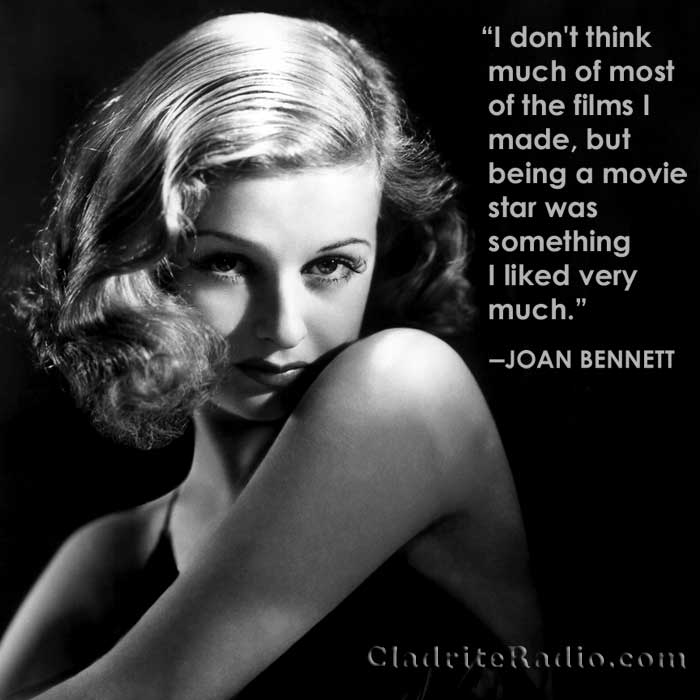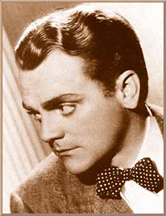We’ve acknowledged that the precode era is one of our favorite era in movie history. For those that might not know, precode movies are those made after the ascent of sound but before the Hayes code, which greatly restricted the plot, language, and attitudes that Hollywood pictures were allowed to portray, began to be strictly enforced by the Breen office in 1934.
That quaint, wholesome quality you may associate with old movies? The pictures of the 1930s and ’40s that might convince you, if you don’t already know better, that life was simple, pure and uncomplicated back in the good old days? Those came after the code kicked in. Precode movies are another thing altogether.
Some pictures that typify the precode era are playfully bawdy; others are downright gritty, sometimes even a bit shocking today (though rarely very graphic, by our standards). Tomorrow (Tuesday, July 31st), TCM is giving precode neophytes the chance to do some serious catching up, as they’ll be airing precode favorites all day long, from 6am till 8pm. If you’ve ever wondered what the fuss was all about, here’s your chance to educate yourself.
If it’s gritty you’re looking for, we’d recommend Safe in Hell (1931) and Three on a Match (1932); if you’re just looking for a little salty fun, give Jewel Robbery (1932) and Blonde Crazy (1931) a look. But honestly, we recommend loading up your DVR with every one of these entertaining pictures; they all have something to recommend them.
Here’s the line-up (all times Eastern):
6:00 am — Downstairs (1932)
7:30 am — Loose Ankles (1930)
8:45 am — She Had to Say Yes (1933)
10:00 am — Faithless (1932)
11:30 am — Hell’s Highway (1932)
12:45 pm — Safe in Hell (1931)
2:00 pm — Jewel Robbery (1932)
3:15 pm — Three on a Match (1932)
4:30 pm — Footlight Parade (1933)
6:30 pm — Blonde Crazy (1931)




